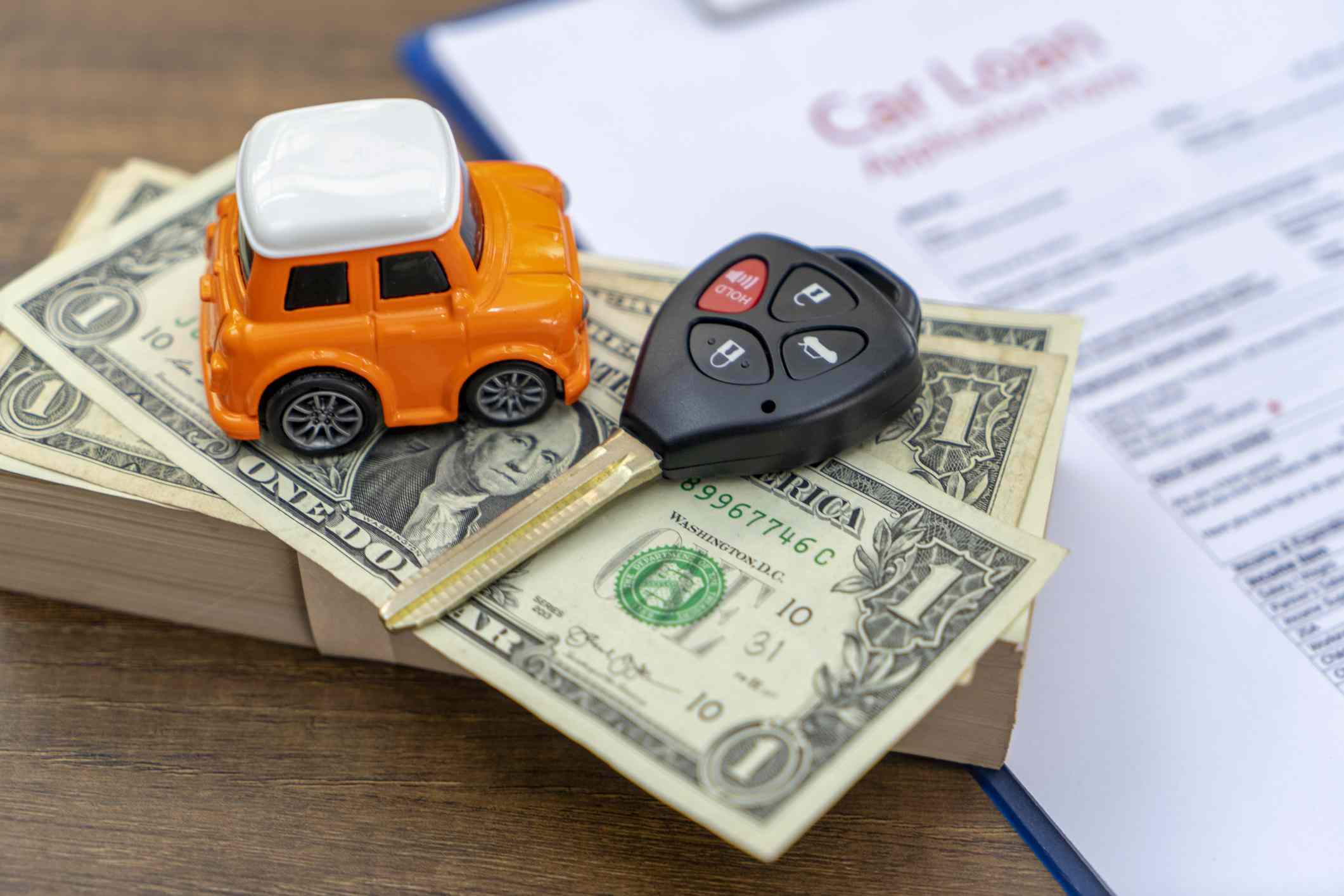Looking to maintain and protect your car? Many tasks should be done by a trained professional, but there’s a fair bit that you can do yourself. Even if you’re not the most handy person around, simple checks are easy to learn and can provide many benefits for you and your car in the long term.
Why is DIY car maintenance important?
You’re legally required to bring your vehicle in for its MOT once a year and it’s recommended that you invest in some additional servicing to help prolong your car’s lifespan. But with some DIY maintenance here and there, you may be able to save yourself money on potential breakdowns, failed MOTs and costly repairs.
Safety is another important consideration. By carrying out essential checks regularly, you can spot issues under the bonnet or around the vehicle before they become more serious and put yourself in danger on the roads.
Important DIY car maintenance tasks to do yourself
- Tyre checks: Your tyres are crucial to give your control and grip on the road surface. Any faults can have devastating consequences for you and other road users. Check the condition of your tyres regularly, including the remaining tread, the state of the tyre wall and the pressures. If you need to replace one, you can do that yourself with a bottle jack to lift the vehicle before switching tyres.
- Fluid checks: Another task you can do easily is checking your fluid levels. The most important are your engine oil, coolant and windscreen wash. The access points to these can all be found under the bonnet and you should be able to refill them if they need topping up. Be careful not to overfill because this can cause more harm than good.
- Battery: While you probably won’t be able to check the health of your battery, unless you have the right kit and know-how, you can manage it to prevent it from deteriorating. Avoid long periods without turning your engine on because this can lead to the battery draining and not being able to start your car. Regular trips over longer distances can help to keep the battery in better condition for longer.
- Windscreen wipers: Visibility is vital on the roads. Your wipers will degrade over time, although you may not notice it. Check the condition of your blades to see if they’re still working as intended. If not, they’re relatively cheap to replace and easy to install.
- Driving habits: Something you can do every time you get behind the wheel is to consider how you drive your car. Harsh acceleration and braking can cause more wear and tear and not being in the right gears can do even more damage under the bonnet. Try to drive more smoothly and avoid kerbs, potholes and rough terrain as much as possible.










